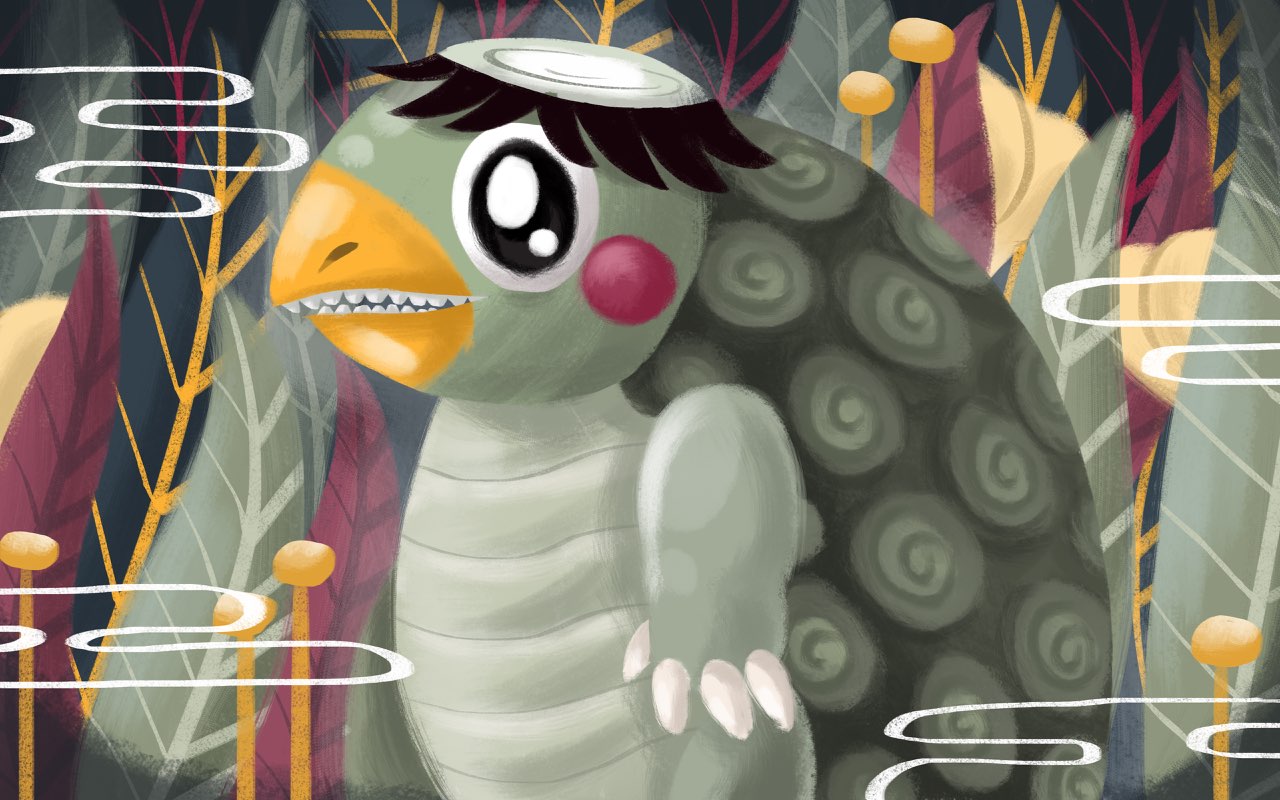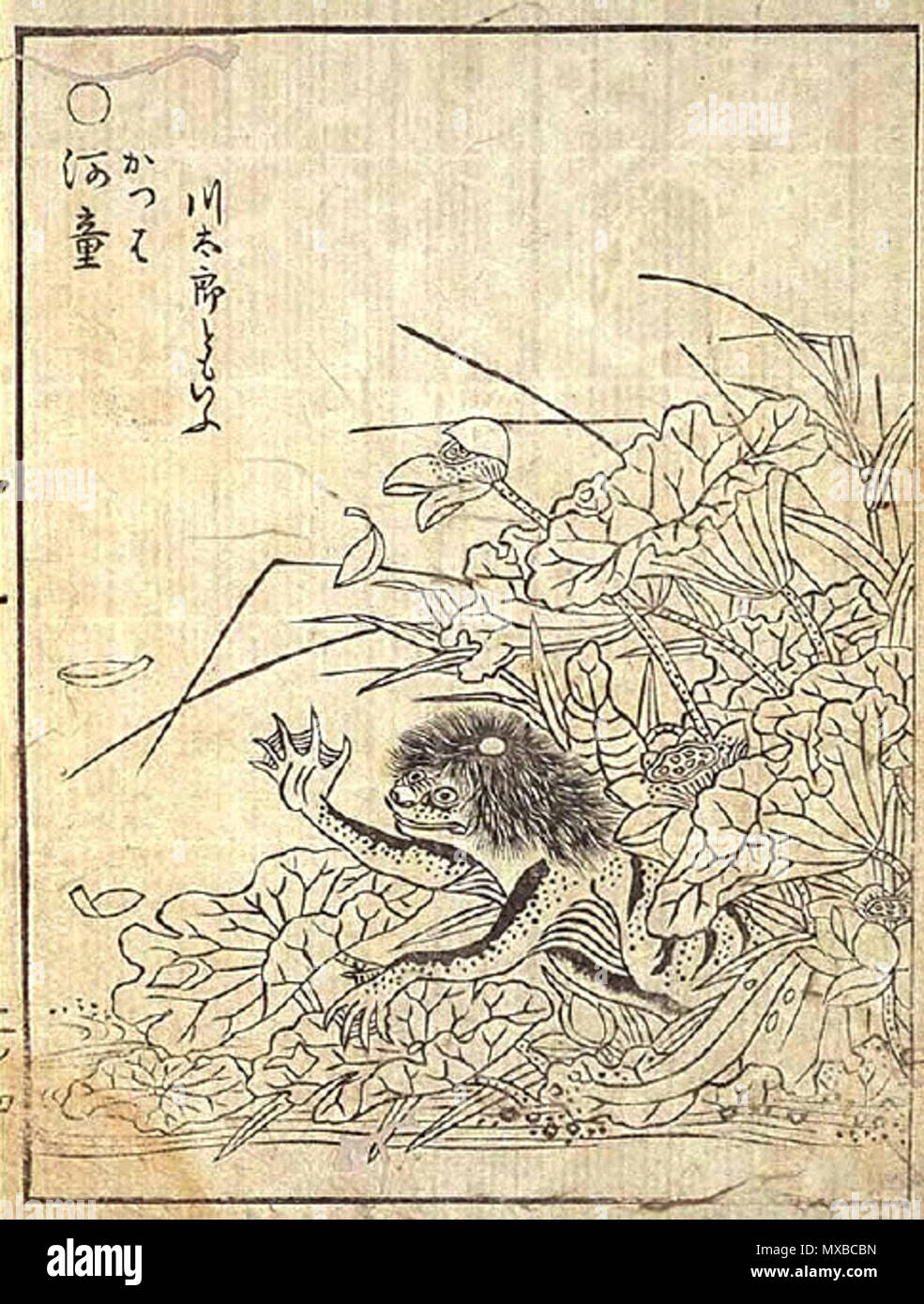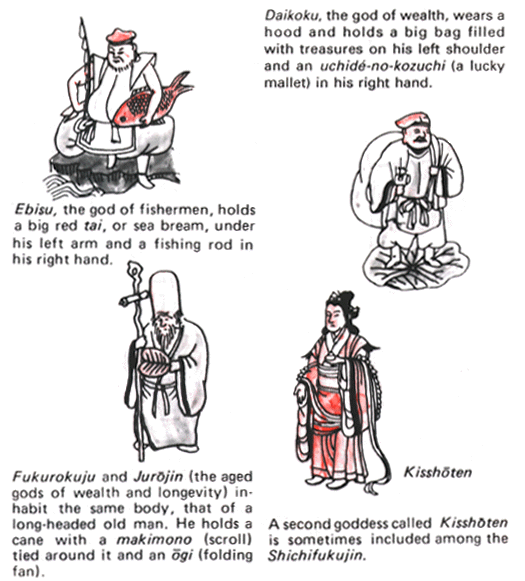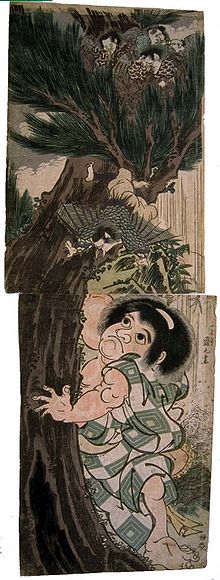
An Introduction to Yōkai Culture: Monsters, Ghosts, and Outsiders in Japanese History by Kazuhiko Komatsu | Goodreads
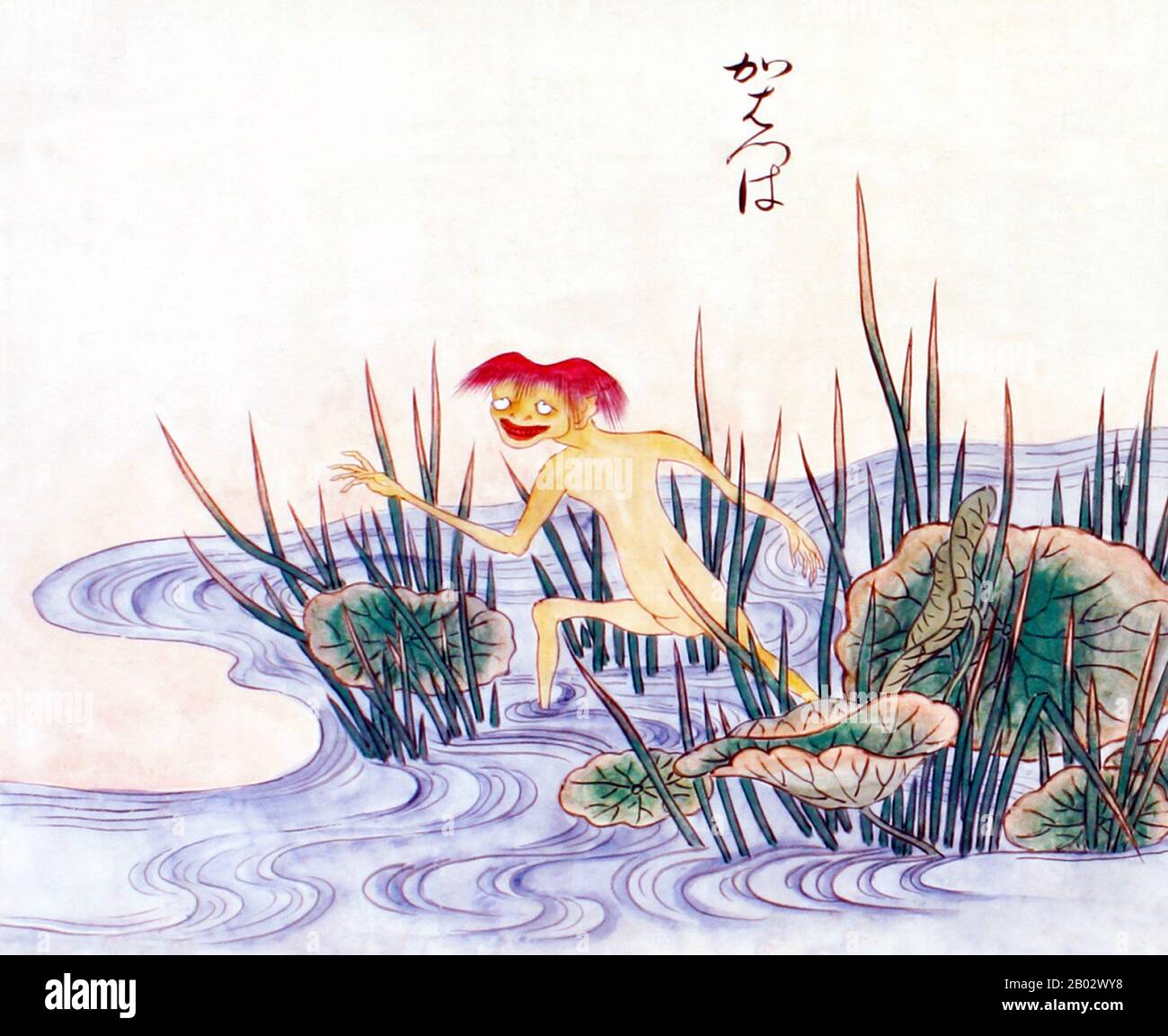
A Kappa ('river-child'), alternatively called kawataro ('river-boy'), is a yokai found in Japanese folklore. The name is a combination of the word kawa (river) and wappa, an inflection of warabe (child). In
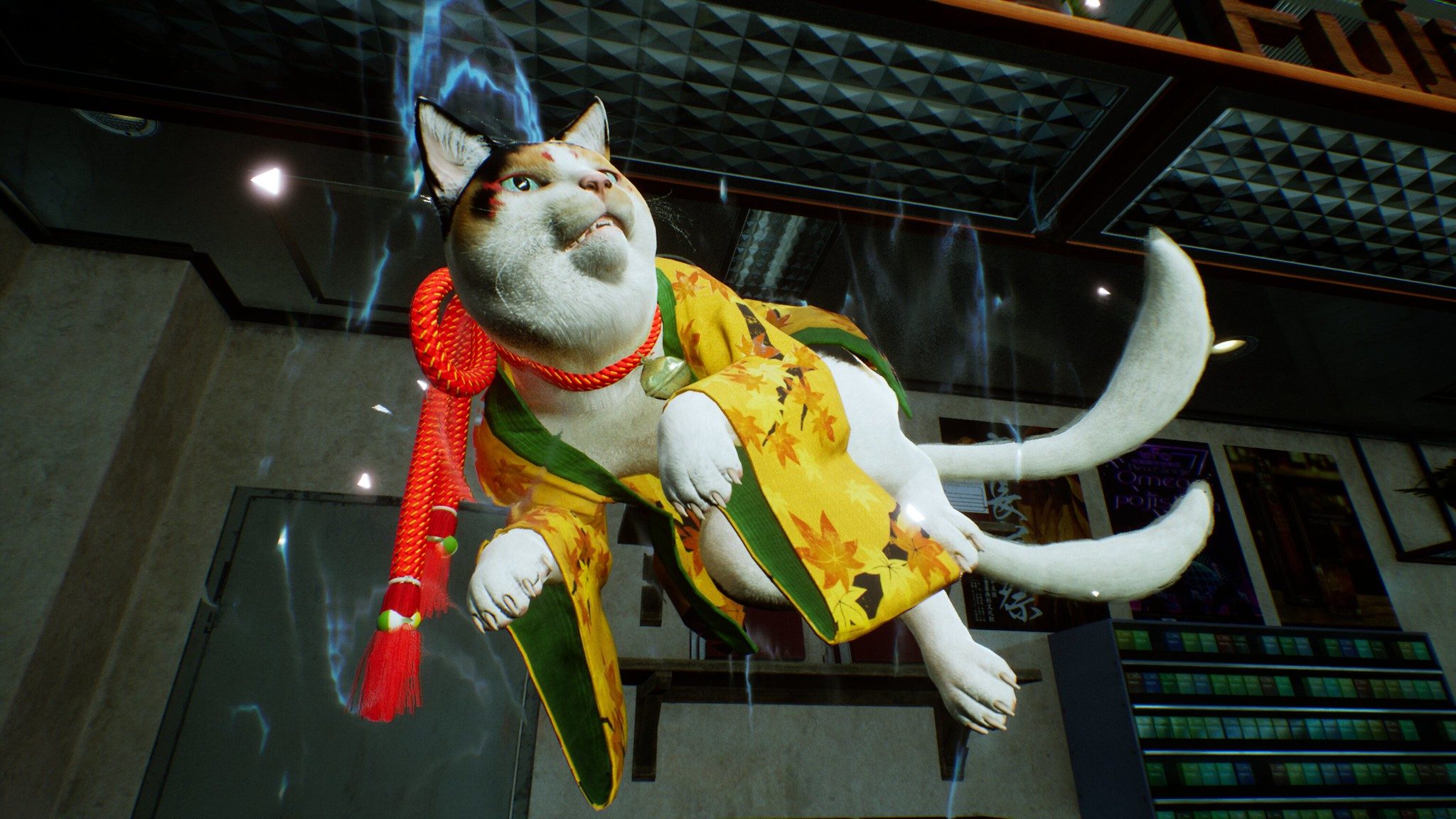
The real-life superstitions and Japanese folklore that inspired Ghostwire: Tokyo's supernatural inhabitants – PlayStation.Blog



